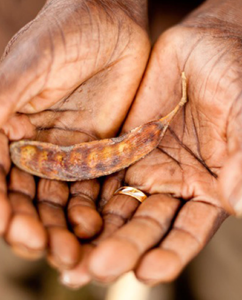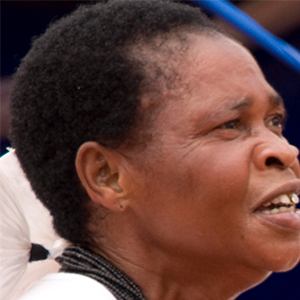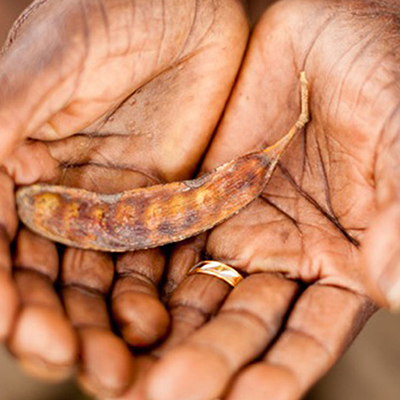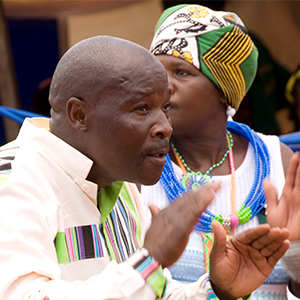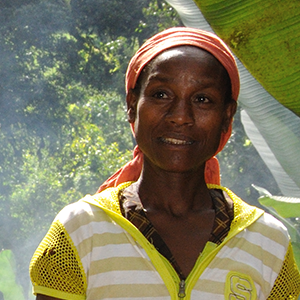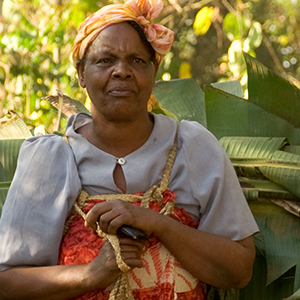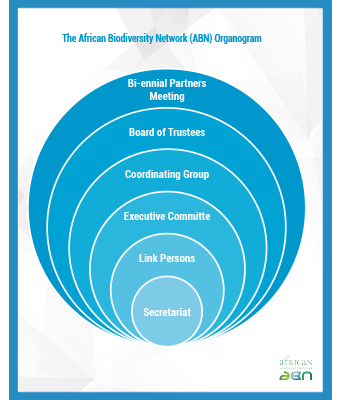The African Biodiversity Network (ABN) is an African network of individuals and organizations seeking African solutions to the ecological and socio-economic challenges that face the continent. The idea of forming the ABN was thought of in 1996 in response to growing concern in the continent over threats to biodiversity; the need to develop strong African positions and legal instruments at the national, regional, and international levels. Currently, ABN has 41 partners drawn from 19 African countries: Benin, Botswana, Ethiopia, Ghana, Kenya, Mozambique, South Africa, Tanzania, Togo, Uganda, Zambia, Zimbabwe, Burkina Faso, Rwanda, Central Africa Republic, Cameroon, Gabon, Morocco and Egypt.
ABN’s journey’s to nurture an African network of individuals, communities, and organizations, increasingly rooted in their own biological, cultural and spiritual diversity. With the capability to govern their own lives and livelihoods, with the ability to resist harmful developments; influence laws and practices that respect the rights of people and Nature. We focus on indigenous knowledge, ecological agriculture, and biodiversity-related rights, influencing policy and legislation. We pioneer culturally-centered approaches to solutions of social and ecological problems in Africa through sharing experiences, co-developing methodologies, and creating a united African voice on such issues on the continent.
Africa is at a crossroads, trying to reconcile the conservation and recovery of its vast cultural and natural heritage and meet the many needs of a growing population. Powerful external forces continue to divert us from solutions within Africa as they push for the privatization and industrialization of land, knowledge, and biodiversity in the name of poverty alleviation. Together, the African Biodiversity Network is finding innovative and pioneering pathways and solutions to the continent’s challenges.


